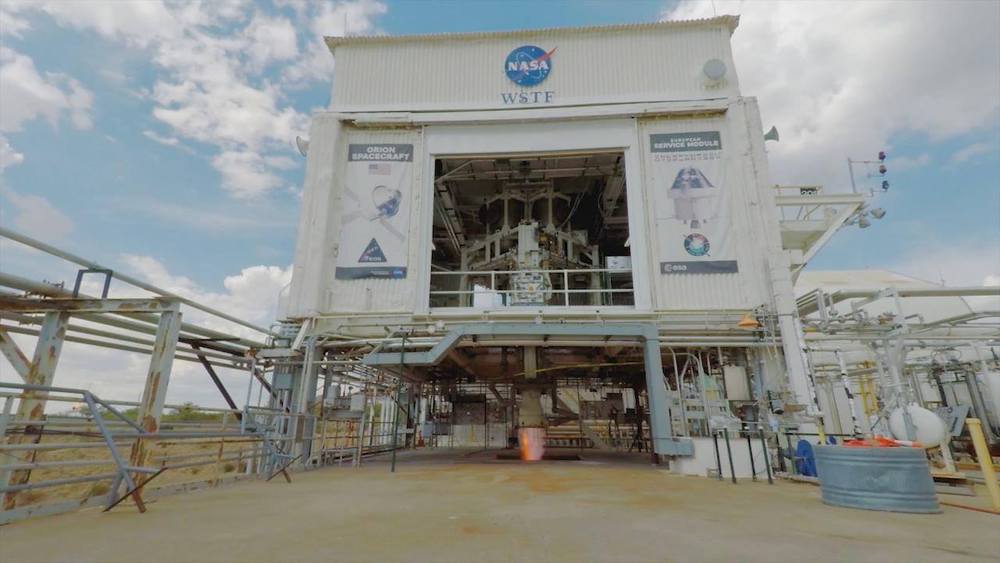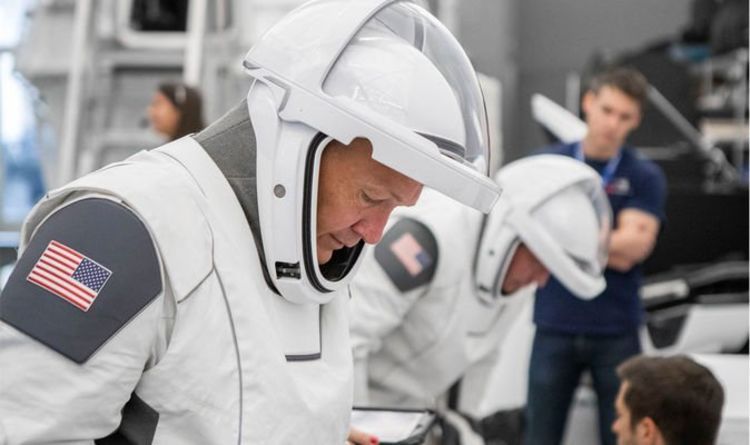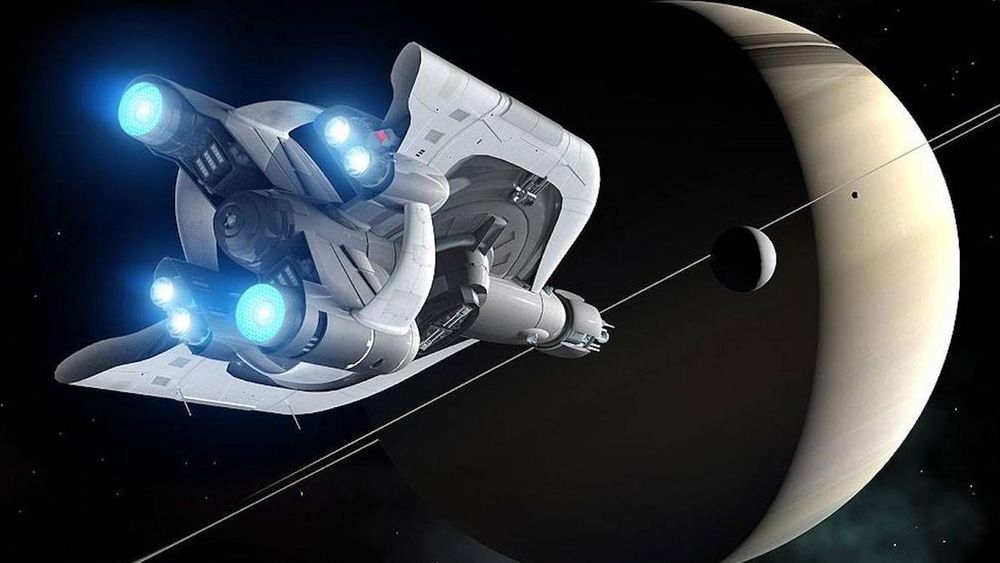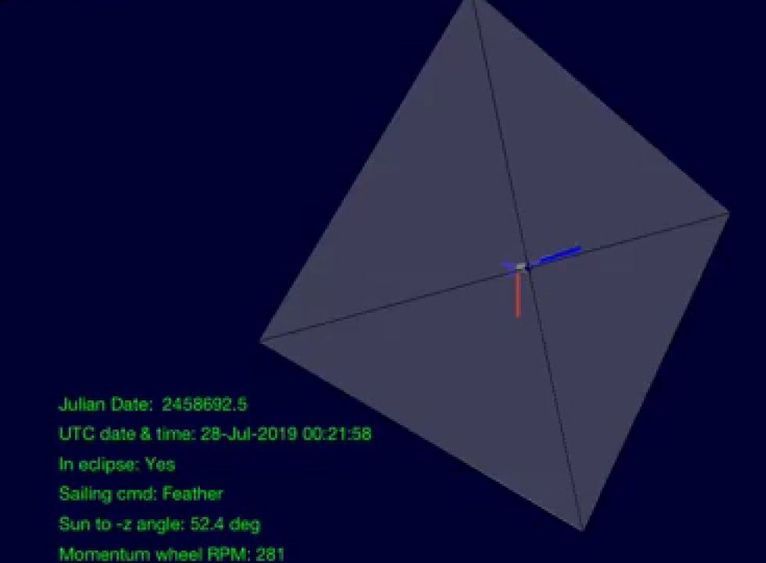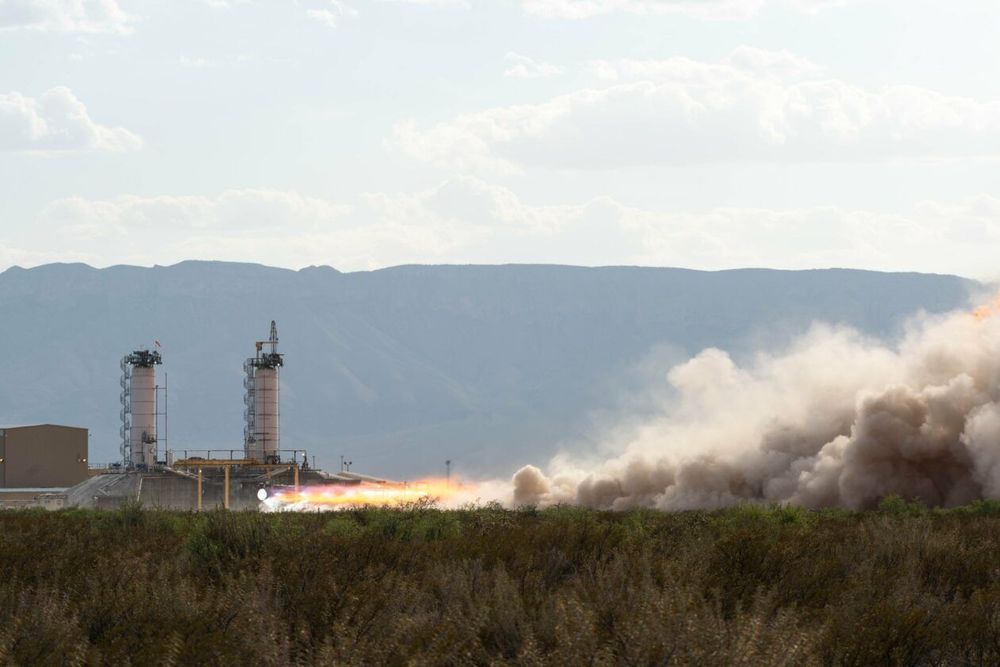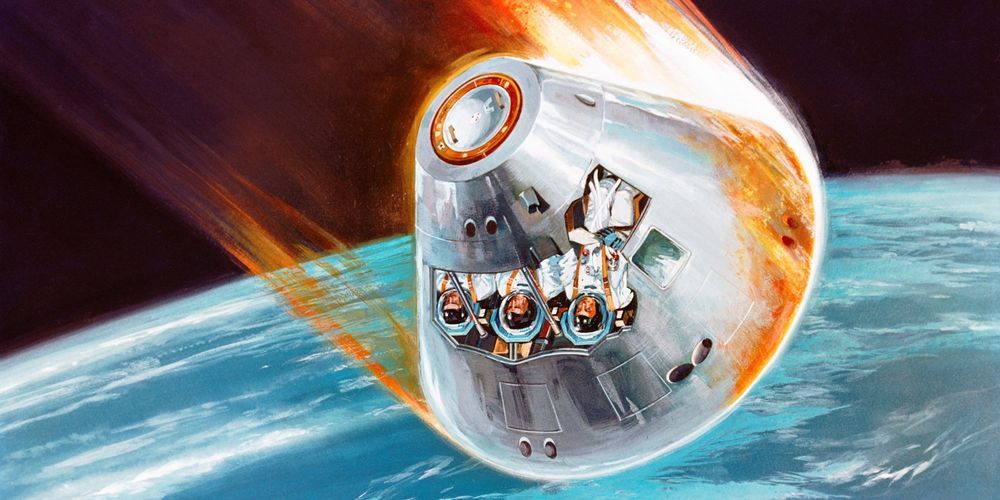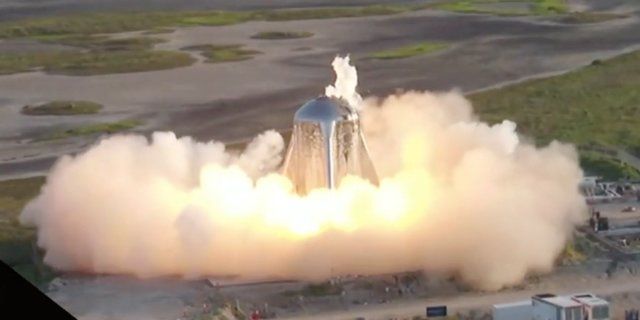
In the last week alone, SpaceX’s twin orbital Starship prototypes have made some truly jaw-dropping progress. Onlookers have witnessed Florida’s Starship push through a rapid growth spurt, while the company’s Texas team has begun to install propellant tank bulkheads and work on a triple-Raptor thrust structure.
Meanwhile, SpaceX CEO Elon Musk has suggested that one or both of the orbital-class Starship prototypes could be “almost ready to fly” by August 24th, the date of the CEO’s next official update on Starship (formerly BFR and ITS). Although the actual challenge of building a massive, orbital-class launch vehicle is far subtler than the visible steelwork needed to build its primary structure and pressure vessels, the veritable leaps forward made in both Texas and Florida in the last 7–10 days are extremely encouraging signs.
Starting off in Boca Chica, Texas, SpaceX’s team of engineers and technicians have been simultaneously handling Starhopper’s first untethered flight test (completed on July 25th) and building the facility’s orbital-class Starship prototype. Most significantly, after a few days of preparation, what is likely the Texas Starship’s first bulkhead was lowered inside its ~25m-tall (80 ft) barrel section, composed of the spacecraft’s propulsion section and propellant tanks.
